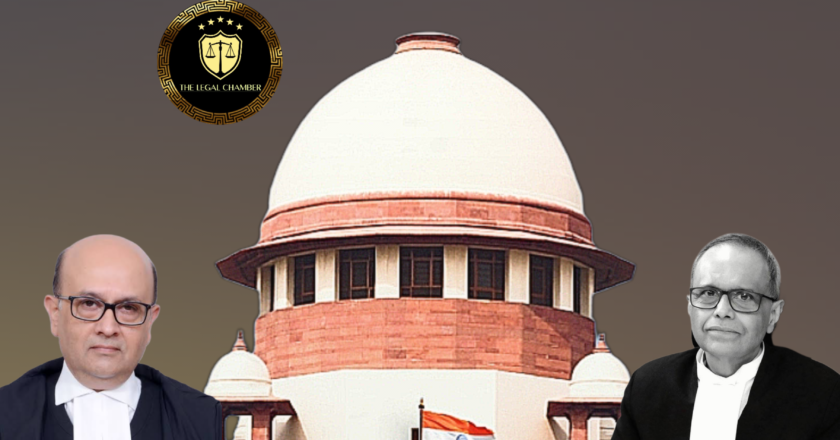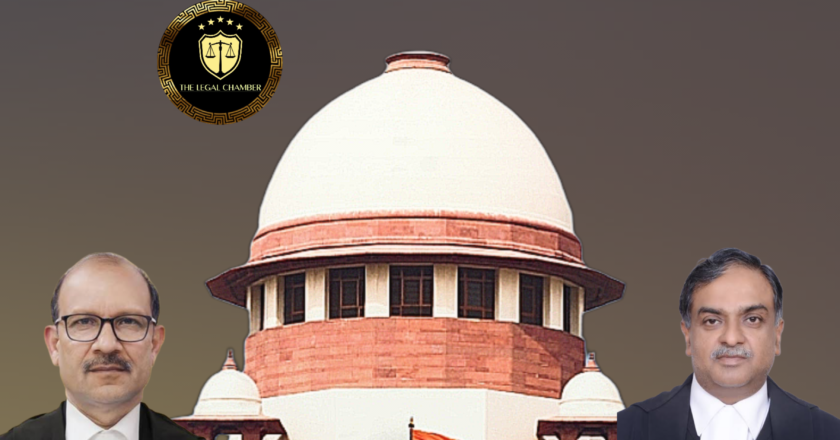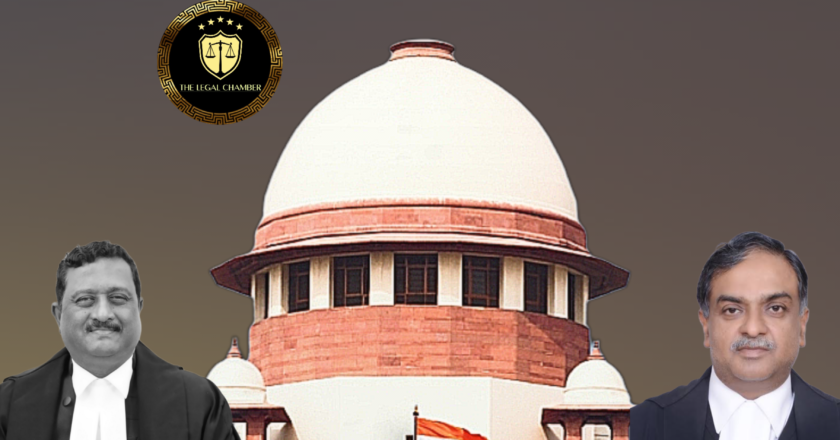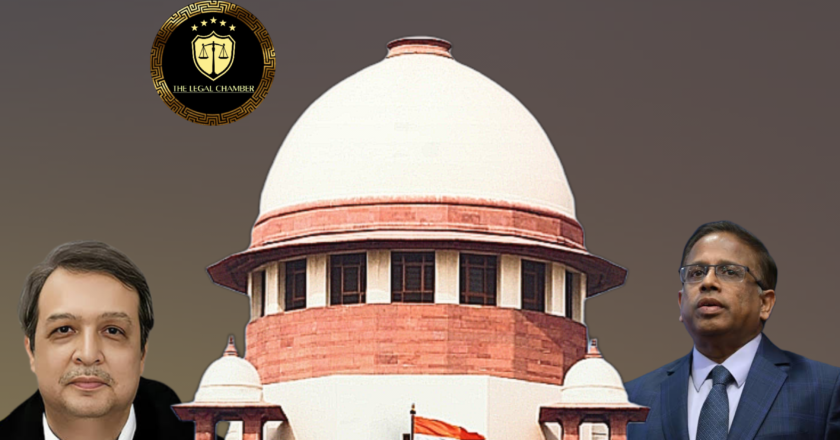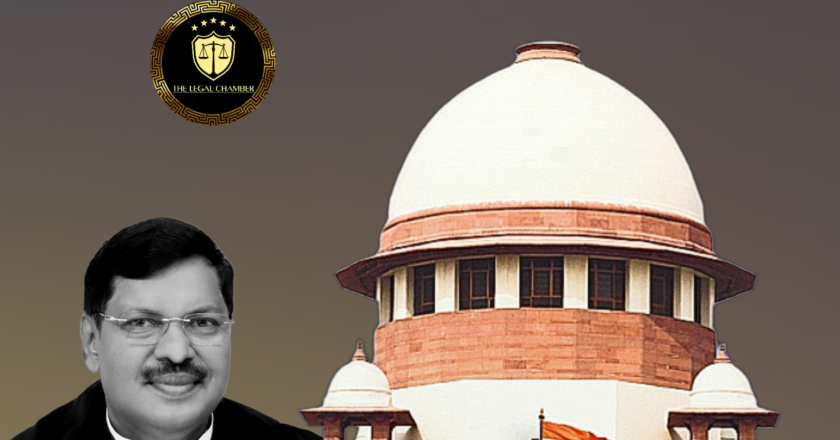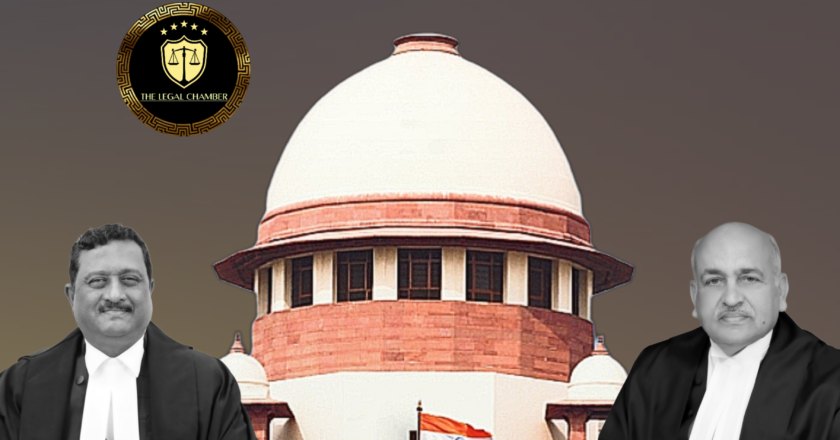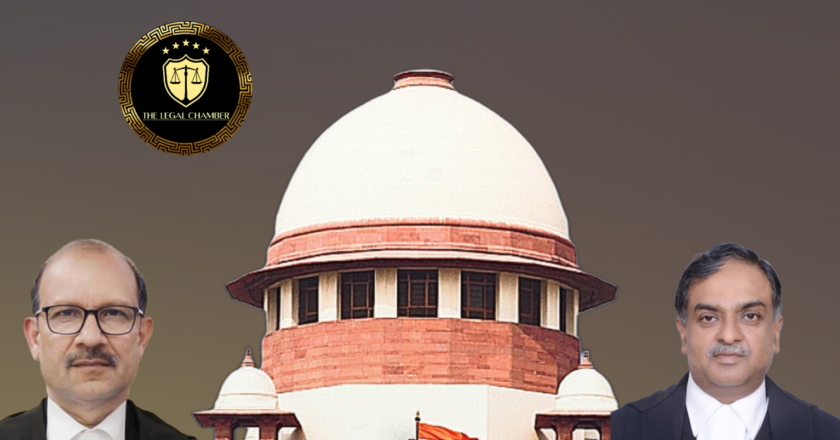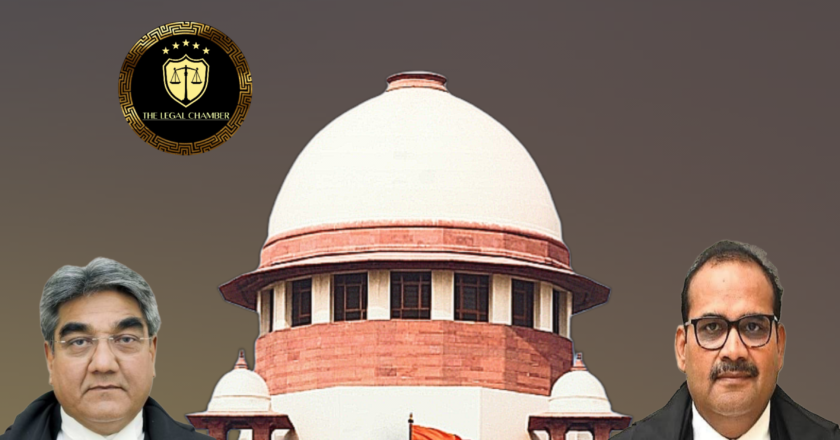Key Ruling on Vakalatnama & “No Instructions”: Supreme Court Clarifies Lawyer-Client Procedure in Civil Cases
The Supreme Court clarified that a counsel’s “no instruction” pursis does not equate to withdrawal of vakalatnama under the Advocates Act or Civil Manual. Absent a formal withdrawal, the court is not obligated to issue fresh notice; a litigant’s failure to instruct counsel cannot invalidate proceedings. The High Court’s interference under Article 227 was deemed unwarranted.
Facts Of The Case:
The appellant, Shri Digant, filed a civil suit in 2014 against the respondents, M/s. P.D.T. Trading Co. & Ors., for possession under the Maharashtra Rent Control Act, 1999. The defendants were initially served summons, and after they failed to appear, the suit proceeded ex parte. Upon applications, these ex parte orders were later recalled, and the defendants filed written statements. Duri...
